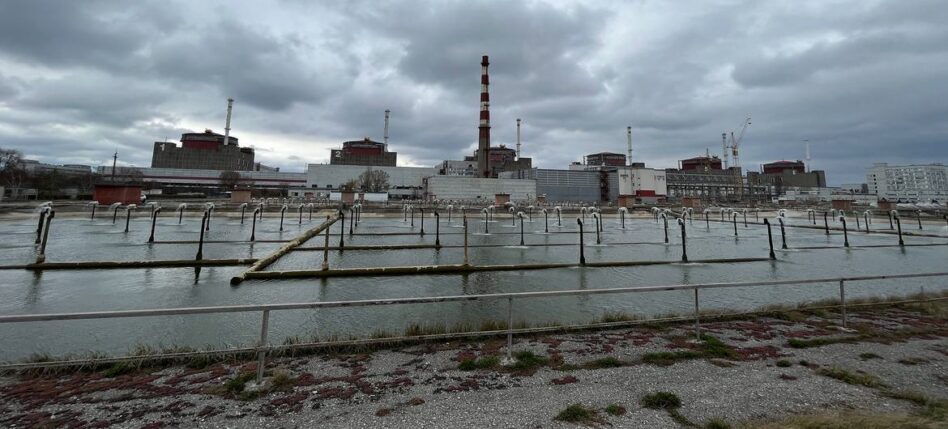Russia is still occupying Europe’s largest nuclear power plant, Ukraine’s Zaporizhzhya, and the UN is trying to apply pressure to get it back into Ukrainian control.
On Friday, the UN General Assembly passed a resolution calling on Russia to withdraw its force from Zaporizhzhya.
- Of the 192 assembly members, 99 voted in favor of the resolution.
- Those who voted against the resolution included Russia and several of its allies, including Belarus, Burundi, North Korea, Cuba, Mali, Nicaragua, Syria, and Eritrea.
- China and India both abstained from the vote, along with 58 others.
Zaporizhzhya has been under Russian occupation since March 2022, not long after Russia invaded Ukraine. The plant’s position on the front lines has made it vulnerable to both Russian advances and Ukrainian counterattacks and drone strikes.
The risk involved: Though all six of the reactors at Zaporizhzhya are in cold shutdown and not producing power, UN leadership is still concerned about containment at the plant.
- There are frequent power outages in the area that threaten to cut off support to the plant, leaving it without a backup, and the UN nuclear watchdog agency frequently reports drone strikes in the area.
- The resolution also states that Russian forces have planted landmines between the internal and external fences at the facility.
On top of condemning the treatment of the station, the UN resolution asks Russia to let personnel from the International Atomic Energy Agency (IAEA) back into the station to perform checks and keep things in safe condition.
So far, there have not been any reported disruptions to nuclear safety at the plant.
Russia’s response: Russia’s given no indication that it plans to do as the General Assembly has instructed—and since GA resolutions are non-binding, there’s nothing requiring leadership to leave Zaporizhzhya behind.
“Of course, this another nonconsensual, politicized draft will make absolutely no effect on the ground, as the previous ones,” said Dmitry Polyansky, a Russian rep to the UN, according to Russian news outlet TASS. “It may only unfortunately embolden the party of war in Europe, in the United States and in Ukraine, of course.”
Lead Reporter of Ignition




